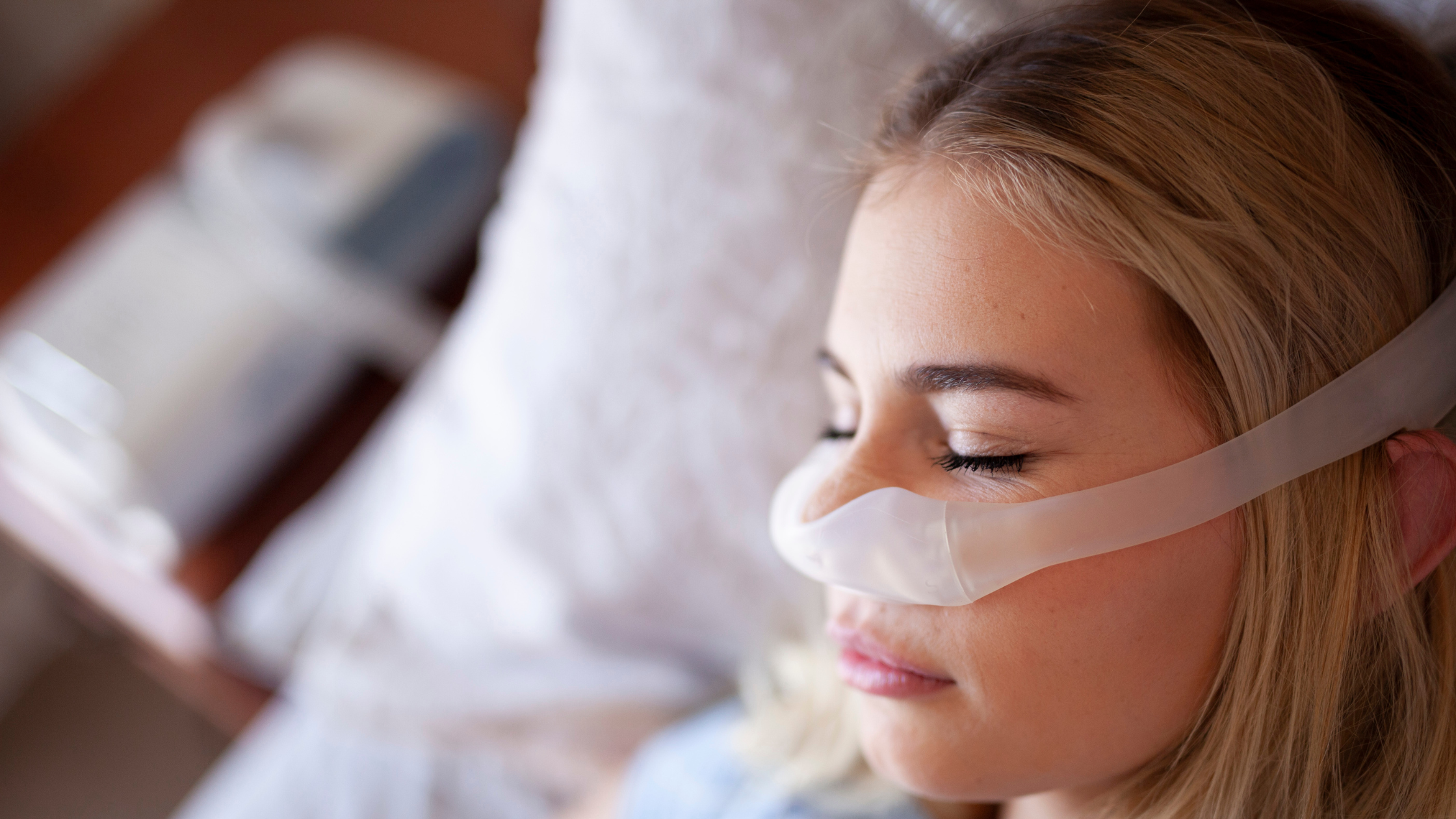
Sleep plays a critical role in our lives, especially in terms of mental health and brain function. When sleep is disrupted, there are going to be negative consequences. Poor sleep can have severe effects mentally, emotionally, and physically. Significant health issues, like depression, hypertension, and cardiovascular disease are some serious consequences of poor sleep. Poor sleep can be caused by lifestyle and poor sleep behaviors, but in some, it can be caused by an underlying sleep disorder.
Sleep apnea is a common sleep disorder where sleepers stop breathing periodically throughout the night. It can be categorized into three different types: obstructive, central, and mixed. Obstructive sleep apnea is very common, while central is more rare.
Learn why central sleep apnea occurs, and it's potential affect on mental health.
Causes of Central Sleep Apnea
Breathing is controlled by the brain. When there is an issue and the brain stops sending these signals to the muscles responsible for breathing, then central sleep apnea occurs. This can last for ten or more seconds, and is often caused by other health conditions like congestive heart failure, obesity and stroke. In those with heart failure, central sleep apnea can be very common and increase the risk of death.
Central sleep apnea can also be caused by drugs that can affect the brain's respiratory system. These include mostly opioids like morphine, oxycodone or codeine. For patients who take opioids for pain management, the incidence of central sleep apnea increased to 24%.
This condition can also occur in settings with high altitude. Those who are above 2000m can become more susceptible to the condition, and those above 5000m are high a very high risk of experiencing sleep apnea.
Affects Central Apnea have on Sleep Quality
In central sleep apnea, there is no obstruction, but the body still feels choked because of the lack of respiratory effort. Therefore, it wakes up to reopen the airway. These awakenings are normally below sleepers' levels of consciousness, but the body still feels the brunt of this disrupted sleep.
This can cause sleepers to wake up feeling irritable, exhausted, and like they did not get a good night's sleep, even if they spent the right amount of time in bed. The main issue with central sleep apnea is that it causes severe incidence of sleep deprivation which can have severe consequences on one's quality of life.
Daytime sleepiness is another common symptom of those with central sleep apnea. They feel overwhelmingly tired during the day because they did not get enough sleep throughout the night. Because central sleep apnea is hard to detect on one's own, having extreme daytime sleepiness is normally a telltale sign that their sleep is being interrupted.
The link between central sleep apnea and mental illness
Sleep apnea is tied closely to psychiatric pathology. Those with psychiatric disorders have a high risk of sleep apnea because psychotropic medication can have sedating side effects.
Those with major depressive disorder (MDD), post-traumatic stress disorder (PTSD), and increased prevalence of obstructive sleep apnea (OSA). There is a higher prevalence of psychiatrics comorbid disorders of veterans with sleep apnea.
Central sleep apnea is a commonly seen disorder is those with substance use disorders. If this disorder is caused by an opioid, such as heroin, then central sleep apnea can be reduced by abstaining from the drug.
Suicidal thoughts and behaviors are also commonly associated with sleep disturbances. those with comorbid mental health disorders are at higher risk.
Treating Central Sleep Apnea
The best way to improve control over nighttime breathing is to make lifestyle changes, such as avoiding alcohol, maintaining a healthy weight, and controlling allergies, if they are an issue.
Central sleep apnea differs from obstructive because it is not caused by an upper airway obstruction, but a neurological issue. The brain is failing to send vital signals to the organs, which can be deadly. Some of the most common treatments for central sleep apnea are CPAP therapy, Adaptive servo-ventilation device, bilevel positive airway pressure (BPAP), medication like acetazolamide or theophylline, and Remede system, which is implanted under the skin to assist with breathing regulation.
Those who chronically use opioids, whether for pain management or because of a substance use disorder, should consider alternative methods or increased surveillance to ensure that central sleep apnea is not a side effect. Those with substance use disorder should seek treatment to achieve sobriety.
If you are concerned that you have central sleep apnea, then please click the orange button below to take a free online sleep test and talk with one of our sleep health professionals!
https://www.verywellmind.com/central-sleep-apnea-and-mental-health-5222050

